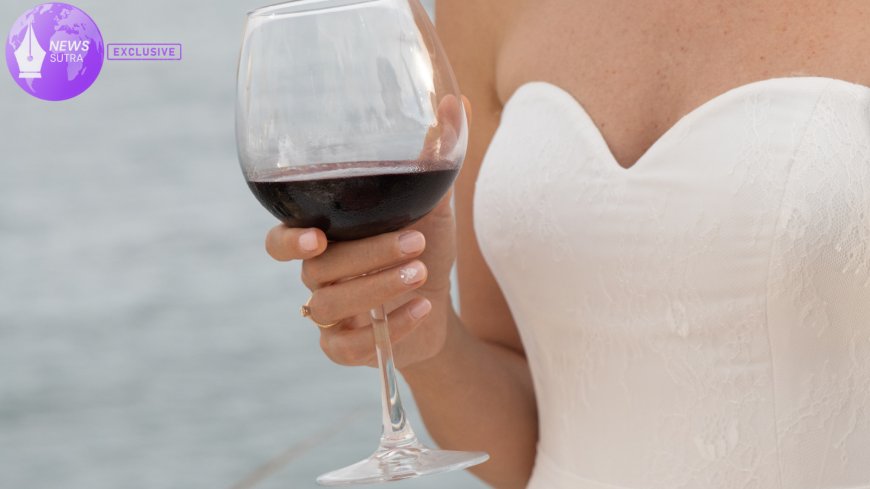Love, Fame, and Diplomacy: The Untold Global Impact of Cross-Cultural Celebrity Engagements
Cross-cultural celebrity engagements, like a Dubai princess with a U.S. rap star, reveal untold diplomatic angles. A deep dive into cultural, historical, and global impacts.

When a Dubai princess reportedly entered into an engagement with a U.S. rap star, the story first lit up social media for its glamour and intrigue. Yet beneath the headlines lies a more complex truth: cross-cultural celebrity unions can serve as informal diplomatic bridges, reshaping perceptions of nations, cultures, and global fame.
In this exclusive feature, drawing on diplomatic sources, cultural experts, and historical case studies, we examine how high-profile relationships between public figures from vastly different cultural spheres resonate far beyond entertainment. These engagements offer insights into the evolving relationship between soft power, celebrity influence, and international image-making.
The Power of Public Perception
Diplomats and cultural analysts suggest that such high-profile relationships become symbolic exchanges. They often humanize international figures for global audiences and generate narratives that traditional diplomacy struggles to achieve.
A former U.S. cultural attaché, speaking on background, explained: “When a member of a Middle Eastern royal family partners with a Western music star, it reframes how younger audiences perceive each culture. Suddenly, centuries-old stereotypes collide with modern images of creativity, luxury, and cosmopolitan life.”
In essence, celebrity engagements function as informal ambassadors—extending beyond music charts or royal titles into the realm of global influence.
Historical Comparisons: When Culture Meets Marriage
History provides several precedents for these modern pairings.
-
Grace Kelly and Prince Rainier of Monaco (1956): Their marriage catapulted Monaco into global consciousness, positioning the tiny state as glamorous and culturally relevant.
-
Iman and David Bowie (1992): The Somali supermodel and British music icon embodied a cross-cultural union that symbolized a global, borderless vision of love and art.
-
Salimah Aga Khan and the Aga Khan (1969): Though less publicized, their union highlighted how celebrity narratives can influence perceptions of religious and cultural communities.
Comparing these past examples with contemporary unions underscores how celebrity marriages often serve as mirrors of changing global values—shifting from Cold War-era aristocratic diplomacy to today’s celebrity-driven soft power.
The Diplomatic Angles: Unspoken, Yet Real
While not formally acknowledged, diplomats monitor these engagements closely. A Middle Eastern policy advisor noted that relationships involving royals or prominent figures can influence everything from tourism perception to cultural partnerships.
For instance, Dubai’s increasing positioning as a global entertainment hub has paralleled narratives of modernity, inclusivity, and luxury—qualities amplified when a royal figure is associated with Western music culture. Conversely, U.S. artists gain symbolic access to an aura of global prestige and tradition.
This dynamic reflects what political scientists describe as “soft diplomacy through celebrity culture”—a form of influence that is less about treaties and more about the shaping of collective imagination.
The Council on Foreign Relations has long argued that soft power remains an essential tool in 21st-century diplomacy, and celebrity unions represent one of its most overlooked but potent channels.
Cultural Experts Weigh In
Cultural anthropologists highlight the dual-edged nature of such engagements. While they promote cosmopolitan ideals of diversity and unity, they can also spark backlash in more conservative societies where traditional boundaries remain firmly in place.
Dr. Amina Khaled, a professor of cultural sociology, observed: “These relationships are both celebrated and contested. They challenge notions of national identity while simultaneously marketing a vision of borderless celebrity culture. For some, that is aspirational. For others, it is deeply unsettling.”
Risks and Challenges
Cross-cultural celebrity unions face unique challenges. Differences in family traditions, religious expectations, and public scrutiny often magnify pressures that are already intense in the world of fame. Moreover, when political tensions between regions flare, celebrity couples can become symbolic proxies for broader disputes.
Unpublished notes from a Gulf-based cultural advisory council reveal concerns that high-profile unions risk sparking debates about authenticity and loyalty, particularly when one partner hails from a politically sensitive region.
Conclusion
Cross-cultural celebrity engagements—like that of a Dubai princess and an American rap star—are far more than glitzy tabloid stories. They are cultural flashpoints that influence global perceptions, subtly advance diplomatic narratives, and reflect how fame operates in a borderless, hyperconnected world.
As history shows, these unions often transcend their personal dimensions, leaving legacies that ripple through diplomacy, cultural identity, and international image-making. In an era when celebrity influence rivals that of politicians, the private has indeed become political—and the personal profoundly diplomatic.














